China has conditionally resumed imports of aquatic products from certain regions of Japan, but will take immediate measures to restrict such imports should any risks be identified, the Foreign Ministry said on Monday.
Mao Ning, a ministry spokeswoman, said that the decision has been made in accordance with Chinese laws and regulations, as well as international trade rules, and is based on scientific evidence and prudent analysis and research.
Mao made the remarks at a daily news briefing in Beijing a day after the General Administration of Customs announced on Sunday that effective immediately, China will resume imports of seafood products from some Japanese regions.
The Chinese authorities will continue to strengthen regulatory measures to ensure people's food safety, she said, emphasizing that if any risks are detected, necessary import restrictions will be enforced immediately in accordance with the law.
China banned imports of all Japanese seafood products in August 2023, shortly after Japan started releasing massive amounts of treated radioactive wastewater from its disabled Fukushima Daiichi Nuclear Power Plant into the Pacific Ocean.
Prior to the ban, the Chinese mainland was the largest overseas market for Japanese seafood products, followed by the Hong Kong Special Administrative Region.
At the strong request of China and the international community, Japan accepted international monitoring of the Fukushima discharges and independent sampling and monitoring by China, Mao said, adding that Japan has promised to ensure the continuous implementation of these monitoring activities.
China and Japan have held several rounds of consultations on that basis, and Japan has promised to take a series of credible and visible measures to ensure the quality and safety of aquatic products exported to China, as well as strengthen supervision, she said.
When asked whether the resumption of Japanese aquatic product imports means that China has approved the safety of the Fukushima discharges, Mao reiterated that China's opposition to Japan's ocean discharges remains unchanged.
The robust international supervision of the discharges has been strengthened as a direct result of China's unwavering position and constructive initiatives, she said.
China will continue to work with the international community to urge Japan to translate its commitments into long-term practical actions and effectively control the risks posed by the discharges, she added.
According to the announcement made by the General Administration of Customs on Sunday, seafood products from 10 Japanese prefectures — Fukushima, Gunma, Tochigi, Ibaraki, Miyagi, Niigata, Nagano, Saitama, Tokyo and Chiba — will remain banned from entering China.
Asked when China might resume importing aquatic products from these 10 regions, Mao said the Chinese government has always adopted a highly responsible attitude toward the people on food safety. China will continue to formulate relevant policies based on safe and scientific principles, she added.













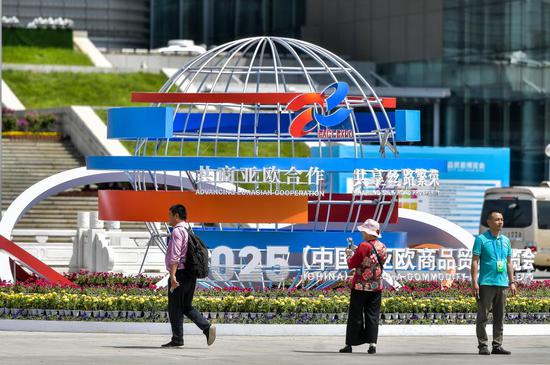
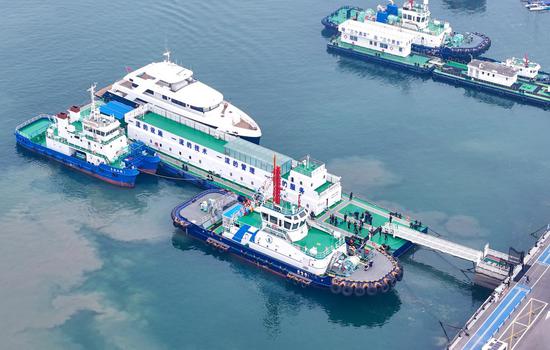
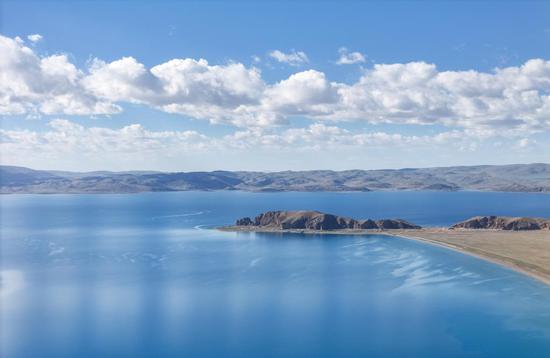





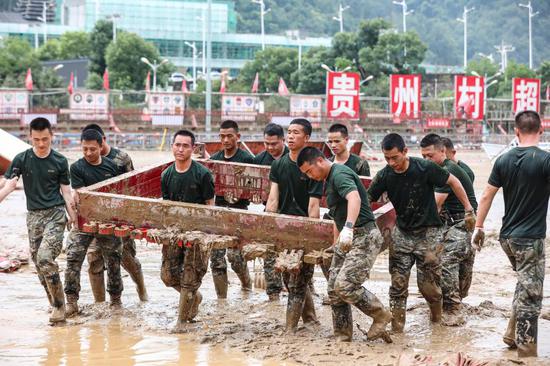

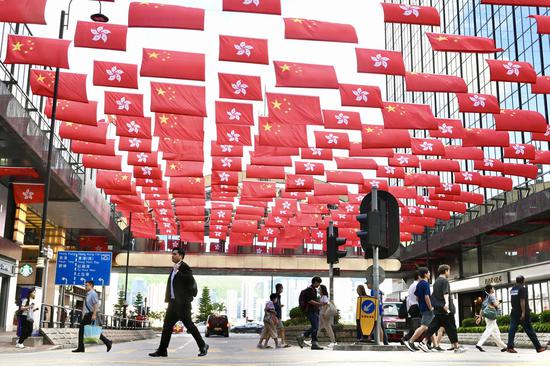

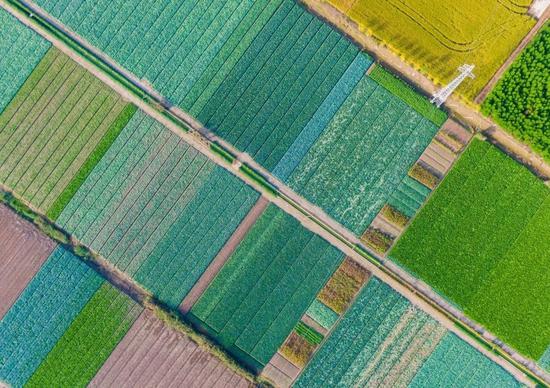
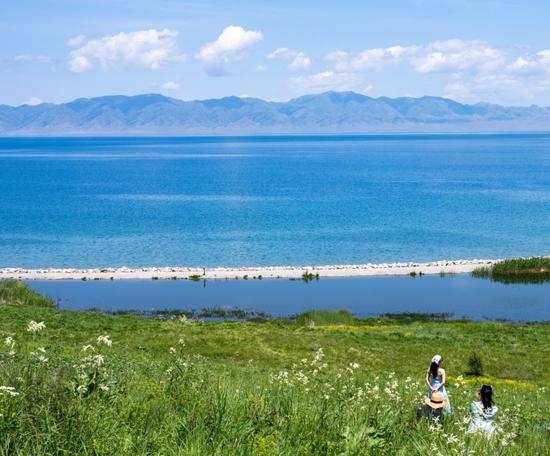


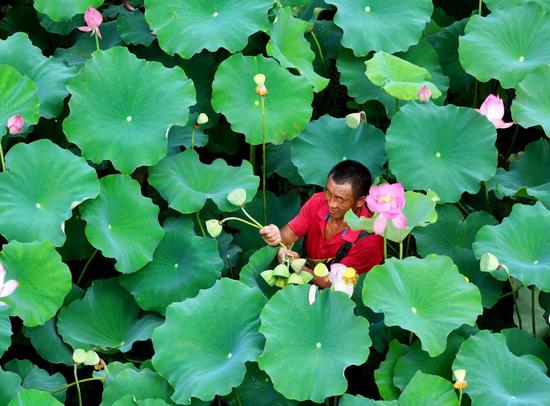


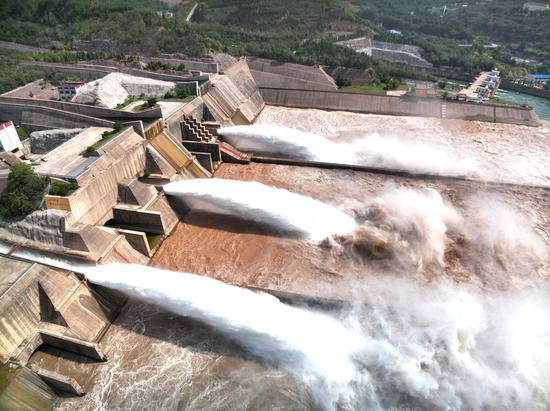

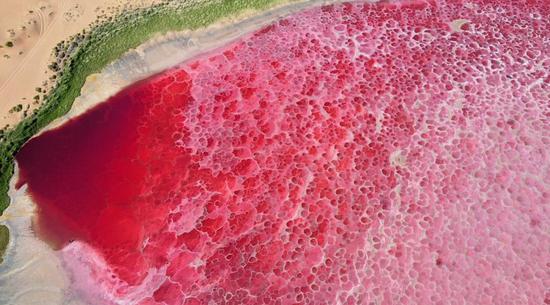

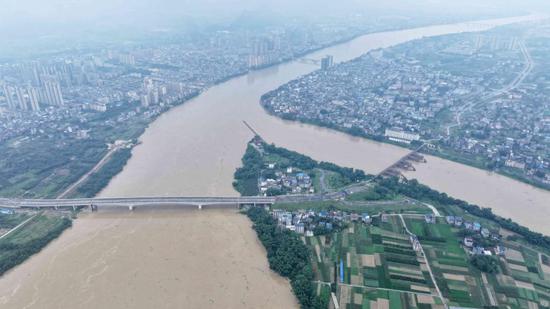
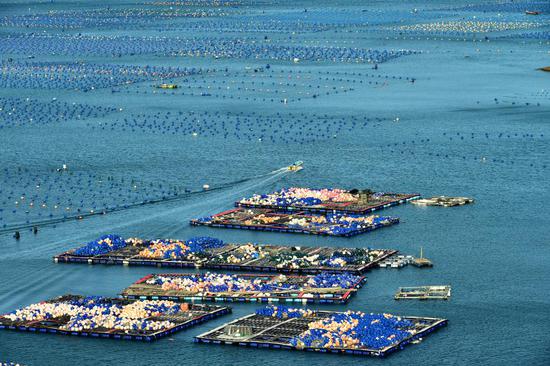


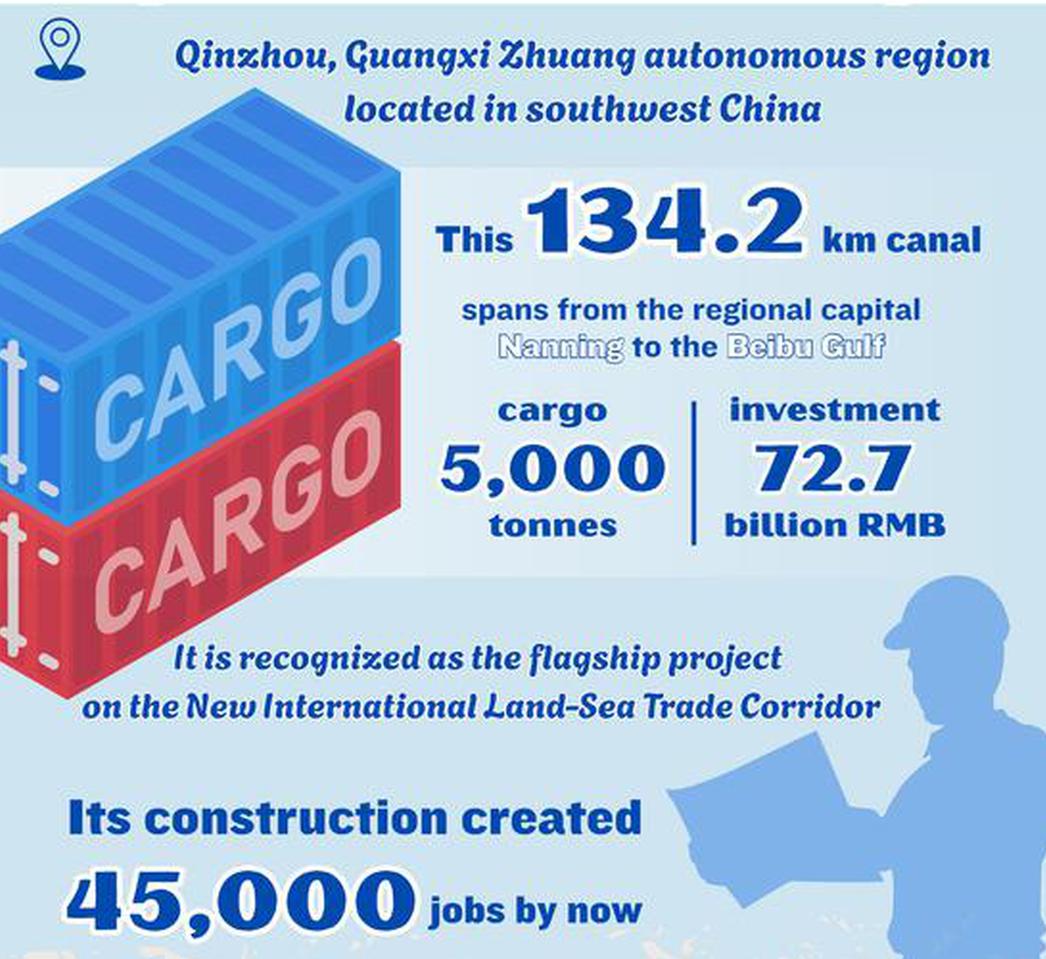

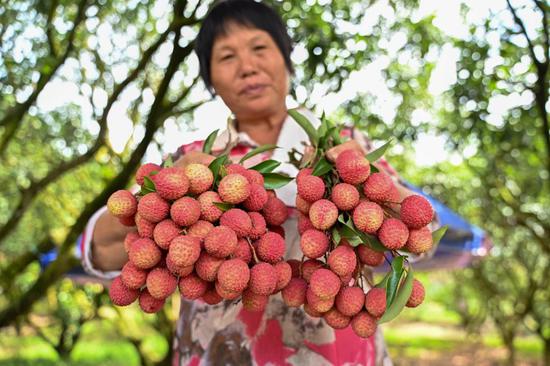

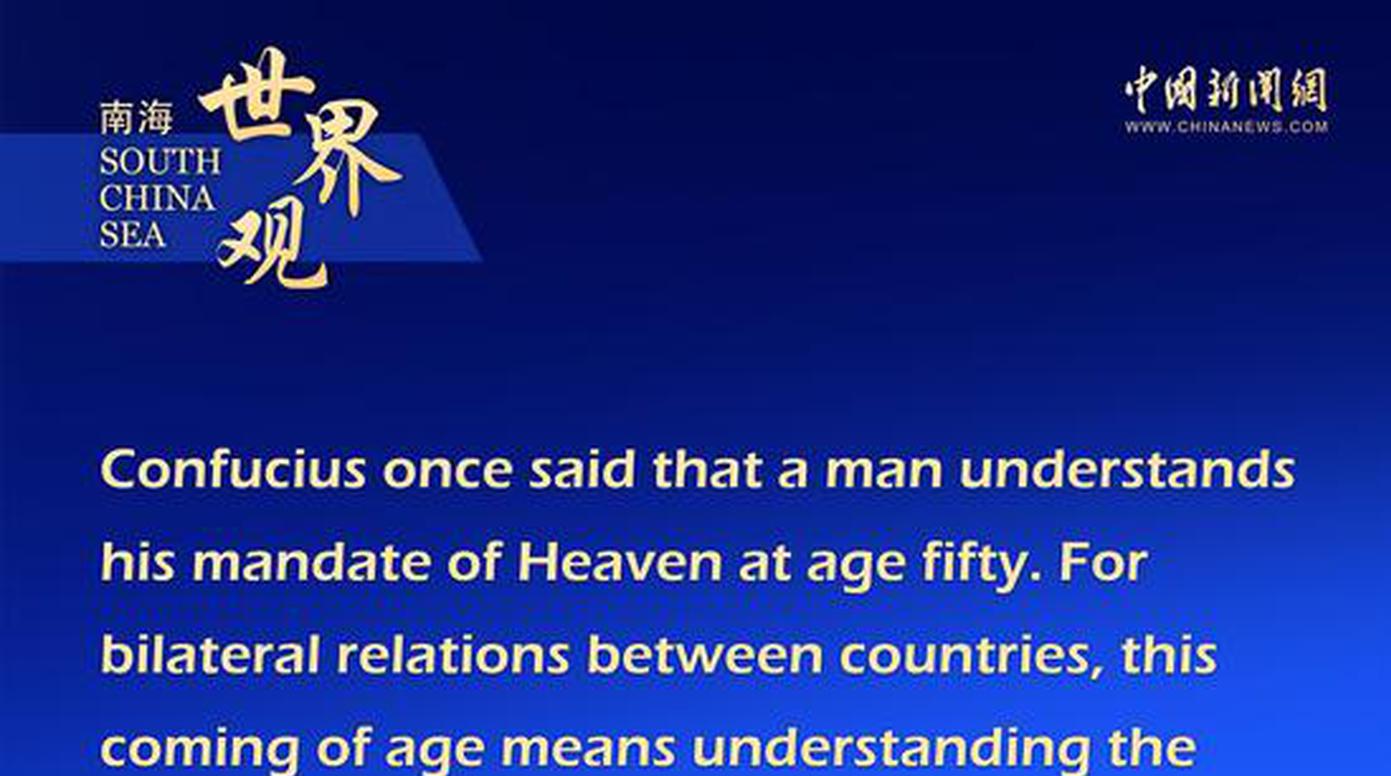





 京公網安備 11010202009201號
京公網安備 11010202009201號